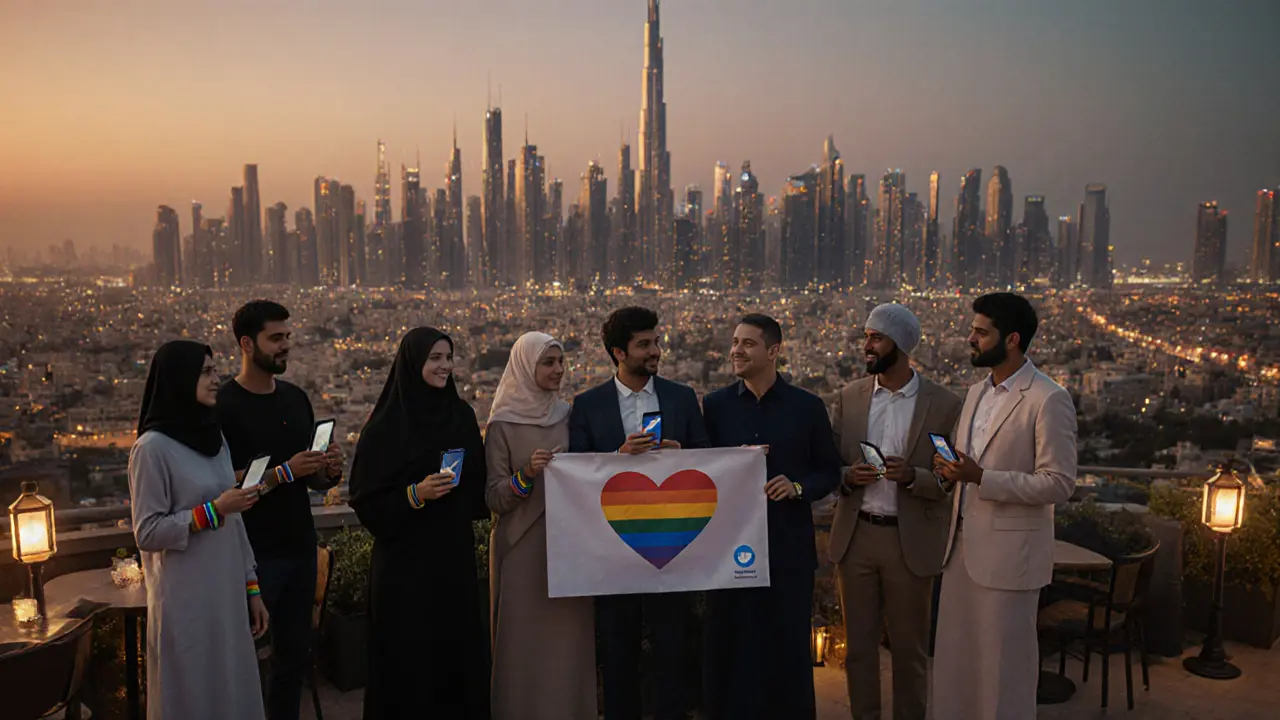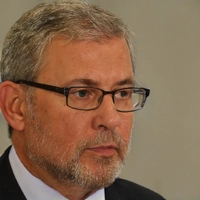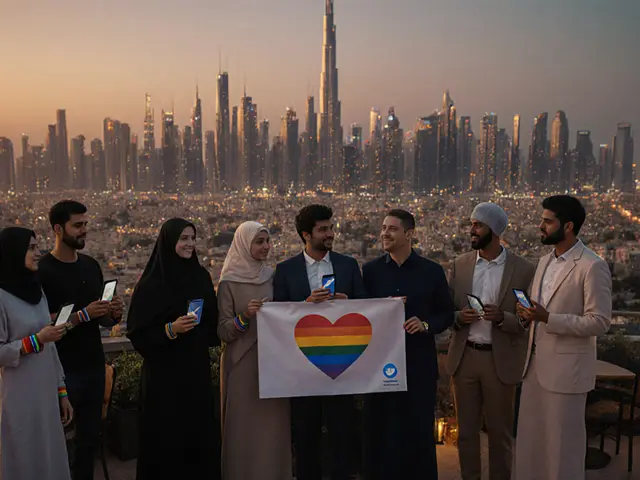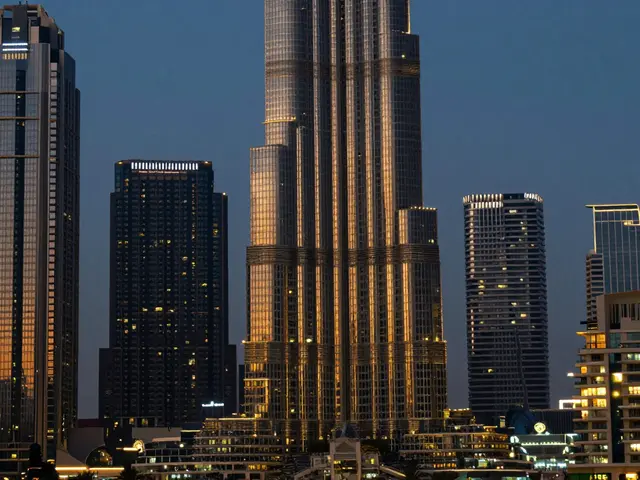Sex‑Related Activism in Dubai is a growing movement that advocates for sexual rights, health education, and gender equality within the legal and cultural context of the United Arab Emirates. Over the past few years, a mix of local NGOs, online communities, and international bodies have started pushing back against restrictive norms. If you’ve wondered why conversations about consent, LGBTQ+ visibility, or reproductive health are suddenly louder in the desert city, keep reading - you’ll see the forces shaping this shift and what it means for residents and visitors alike.
Why the Change Now?
The turning point began around 2022 when the UAE’s Ministry of Health launched a pilot sexual health clinic in Dubai. The pilot aimed to improve STI testing rates among expatriates, but it also opened a public window to discuss topics that were previously whispered behind closed doors. At the same time, global attention on human rights after the 2023 UN review put pressure on regional governments to show progress.
These external pressures, combined with a younger, digitally savvy population, created a perfect storm for activism. Millennials and Gen‑Z, many of whom grew up online, started using sex activism Dubai hashtags to share personal stories, demand policy changes, and organize safe‑space events.
Legal Landscape: From Sharia Law to Reform Proposals
Understanding the legal backdrop is essential. The UAE’s legal system blends civil law with Sharia principles, especially on matters of morality. While consensual private sexual activity between adults isn’t criminalized, public expression of sexuality-like prostitution or same‑sex relationships-remains illegal under Articles 358‑363 of the Penal Code.
In recent years, a handful of reform proposals have emerged:
- Introduction of “Sexual Health Education” modules in secondary schools.
- Legal recognition of gender‑affirming medical procedures for transgender residents.
- De‑criminalization of consensual same‑sex acts in private spaces (still under debate).
These proposals are being debated in the Federal National Council and are heavily influenced by advocacy from Human Rights Organizations and the United Nations human‑rights office, which issued a 2024 report urging the UAE to align its policies with international standards.
Key Players Driving the Movement
Several groups have taken the lead:
- Local NGOs such as “Emirates Equality Network” (EEN) provide counseling, legal aid, and run workshops on consent.
- Sexual Health Clinics like the government‑run “Dubai Sexual Health Center” offer free STI testing and discreet reproductive health services.
- Social Media Platforms (Instagram, Twitter, TikTok) host private groups where members share resources and organize meet‑ups.
- International bodies such as the United Nations provide policy recommendations and funding for community projects.
- Academic circles at institutions like the American University in Dubai conduct research on gender dynamics and publish findings that fuel public debate.
Each player brings a different skill set, but together they form an ecosystem that pushes the conversation forward.
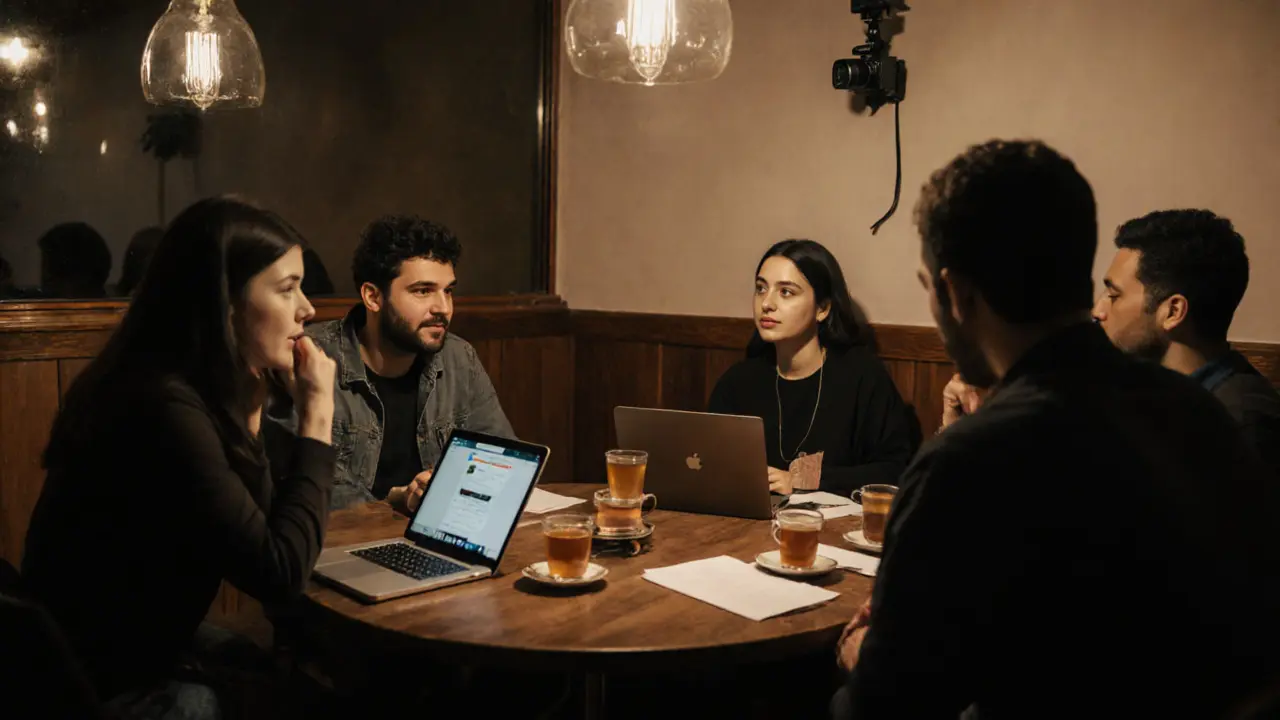
How Activism Spreads: The Digital Catalyst
Dubai’s high internet penetration (over 99% in 2024) means that online channels are the primary battleground. A typical activation cycle looks like this:
- Storytelling: Individuals post anonymized experiences using hashtags like #DubaiSexTalk.
- Amplification: Influencers with over 100k followers retweet or repost, giving the story a wider audience.
- Resource Linking: Posts include links to local clinics, legal aid hotlines, or multilingual guides.
- Offline Meetup: Organizers schedule discreet coffee‑house gatherings where participants can discuss issues face‑to‑face.
This loop shortens the gap between awareness and action, allowing even newcomers to the city to find a support network quickly.
Major Milestones Since 2022
| Year | Event | Impact |
|---|---|---|
| 2022 | Launch of Dubai Sexual Health Center pilot | First government‑backed clinic offering free STI testing; sparked media coverage. |
| 2023 | UN Human Rights Council recommendation | International pressure led to parliamentary hearings on sexual rights. |
| 2024 | First public “Consent Awareness” workshop | Attended by 300+ residents; generated a downloadable toolkit. |
| 2025 | Passage of the “Sexual Health Education” pilot in private schools | Curriculum includes safe‑sex practices, consent, and gender diversity. |
These milestones show that change is incremental but measurable.
Challenges and Backlash
Despite progress, activists face several obstacles:
- Legal Ambiguity: Courts sometimes interpret vague morality clauses to target activists.
- Cultural Resistance: Conservative community leaders argue that such discussions erode traditional values.
- Online Censorship: The Telecommunications Regulatory Authority (TRA) occasionally blocks hashtags deemed “immoral”.
- Funding Gaps: Local NGOs rely heavily on foreign donations, which can be restricted.
Understanding these pain points helps supporters devise safer strategies, like using encrypted messaging apps or partnering with embassies for diplomatic backing.
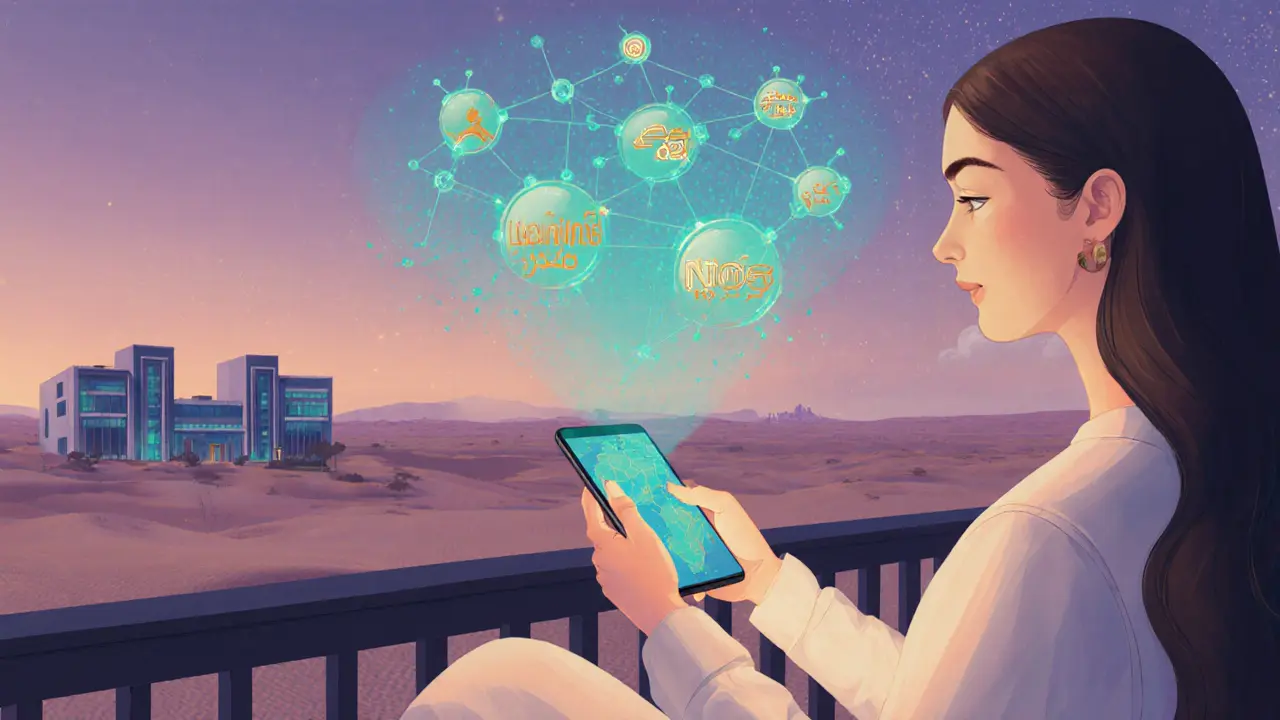
Future Outlook: What’s Next?
Looking ahead, three trends are likely to shape the next phase of activism:
- Policy Integration: Expect more formal inclusion of sexual health modules in public school curricula by 2027.
- Regional Collaboration: Activists are forming a Gulf‑wide network to share best practices and lobby at the Arab League level.
- Tech‑Enabled Safety: New apps offering anonymous reporting of harassment and direct links to legal counsel are in beta testing.
While the road is still rocky, the combination of grassroots energy, institutional willingness, and global scrutiny suggests a steady march toward greater openness.
Quick Checklist for Allies
- Follow verified local NGOs on Instagram and Twitter for real‑time updates.
- Share the free STI‑testing locations list (available on the Dubai Health Authority website).
- Respect privacy: use encrypted channels for sensitive conversations.
- Volunteer for community‑run workshops - many need translators for the expat population.
- Advocate for policy change by signing the “Sexual Rights in UAE” petition hosted on Change.org.
Frequently Asked Questions
Is consensual same‑sex activity illegal in Dubai?
Private, consensual same‑sex activity is not specifically criminalized, but public expressions of homosexuality can be prosecuted under public morality laws.
Where can I get free STI testing in Dubai?
The Dubai Sexual Health Center, located in Al Qusais, offers free testing for residents and expatriates. Appointments can be booked online through the DHA portal.
How safe is it to join online activist groups?
Most groups use end‑to‑end encrypted platforms like Signal or Telegram. Always verify admin identities and avoid sharing personally identifiable information publicly.
Can I volunteer as a translator for workshops?
Yes. NGOs such as Emirates Equality Network regularly seek bilingual volunteers (Arabic‑English) to help non‑Arabic speakers understand consent and health resources.
What legal resources are available for victims of sexual harassment?
The UAE’s Anti‑Harassment Law (Federal Decree Law No. 33 of 2021) provides mechanisms for filing complaints. NGOs can assist with documentation and legal counsel, often at no charge.
Sex‑related activism in Dubai is still in its early chapters, but the momentum is undeniable. Whether you’re a resident, an expatriate, or simply curious, understanding the legal nuances, key players, and safe ways to support the cause can make a real difference. Stay informed, respect local customs, and help amplify voices that have long been silenced.
